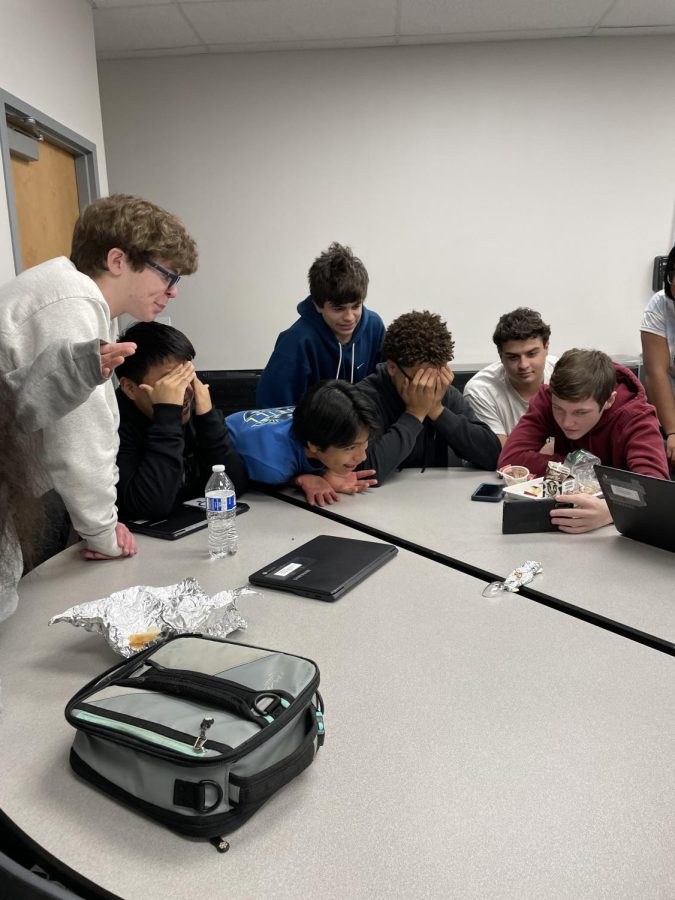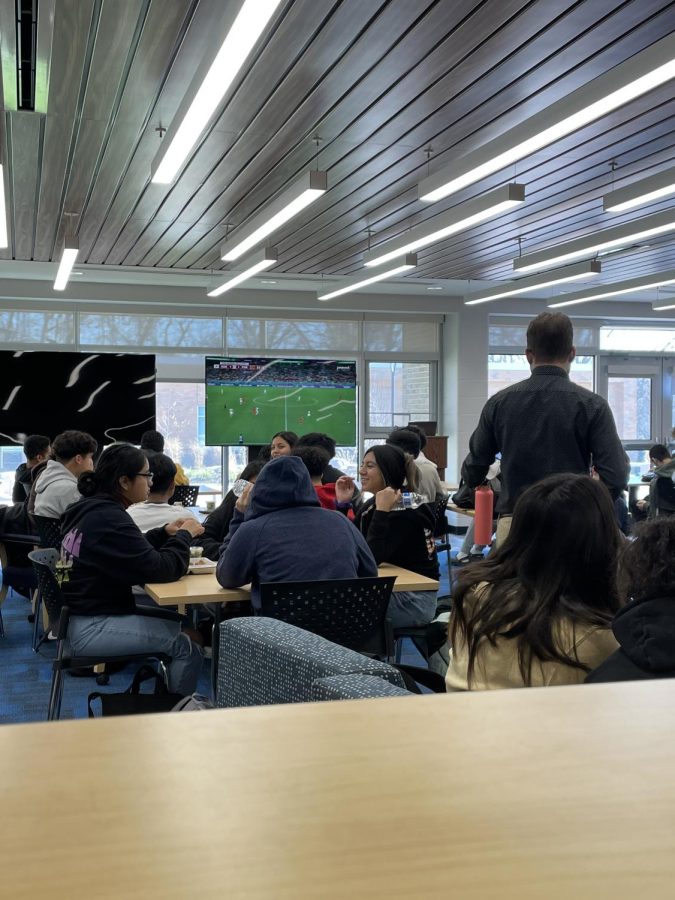Championship Chauvinism – How World Cup Rivalry Unites Us
In every living room, sports bar, and waiting room in America, from November 20th to December 18th, there is a good chance the FIFA World Cup will be playing. The finals for the 2018 World Cup, France vs. Croatia, broke records, drawing more than one billion worldwide viewers.
Despite this, there is a stigma around watching soccer in America, and a false consensus of dislike. The Major League Soccer (MLS) franchise only amasses around two hundred thousand viewers, and most Americans can not name a team or a player, or are even aware of its existence. I did not know it existed until I researched this article. Why?
The answer is simple: Americans do not like being good at soccer, they like being better at soccer.
International championships, like the Olympics and the US Open, were created with the goal of bringing representatives of different countries together to gain a sense of friendly inter nation competition. Whilst achieving that, the oppositions also strengthen the national power. No one enters a state of inarguable support and pride for their country quite like they do during the Olympics. Even though the viewer has absolutely nothing to do with the result, knowing that someone representing their very own country has a chance to win will emotionally invest millions of people in the action, and the reward. In a more graphic comparison, watching American prodigies like Simone Biles and Michael Phelps, mimics the sense of nationalism Americans historically had through war, and, luckily, without the casualties and dire situation.
For example, on November 25, America played England in the World Cup; one does not have to be a history buff to be cognizant of the history between the two countries. Obliging to expectation, this opposition caused quite a stir. People everywhere took to social media, calling the faceoff a “Revolutionary War rematch” and making jokes comparing America’s 13% chance at victory to a similar thirteen the British lost – the American colonies. The game attracted 15.4 million viewers, making it the most-watched men’s soccer match on American English-language television of all time.
Maybe a rivalry like this is just what this nation needs today. Especially in the current political climate, international competitions are beyond critical to give Americans an excuse to unite, against a common enemy. The World Cup gives all and sundry a chance to be proud of the country they will go back to criticizing tomorrow.
The fact of the matter is, if something as trivial as a soccer game is capable of uniting such a fiercely divided country, props to them. It is a simplistic concept, one often overlooked, yet rational and necessary.
As Americans, there is undeniably much to be proud of, and much to be ashamed of — and sorting events into these categories certainly varies based on perspective. However, at our core, we are all just that: Americans. With so much divide in society, it is absolutely astonishing, and invokes such gratification to see such apparent patriotism, even if it is at the (rightful) expense of England.

